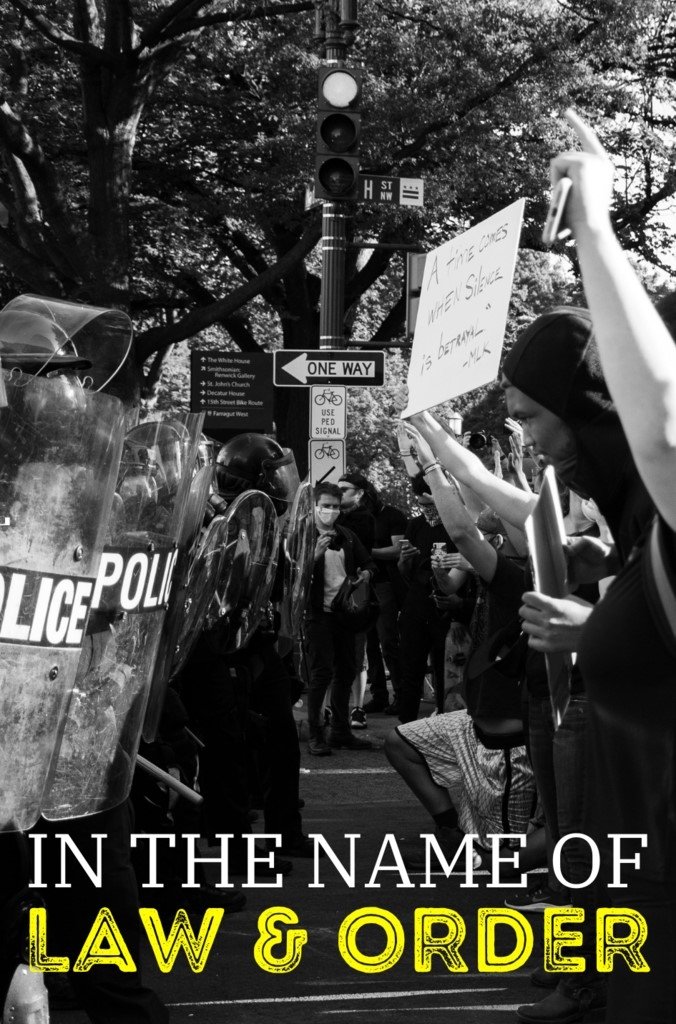
Throughout the world, angry crowds are confronting heavily armed law enforcement forces. Journalist Paul Moreira immerses himself in demonstrations and interviews experts to shed light on the causes of this repressive shift.
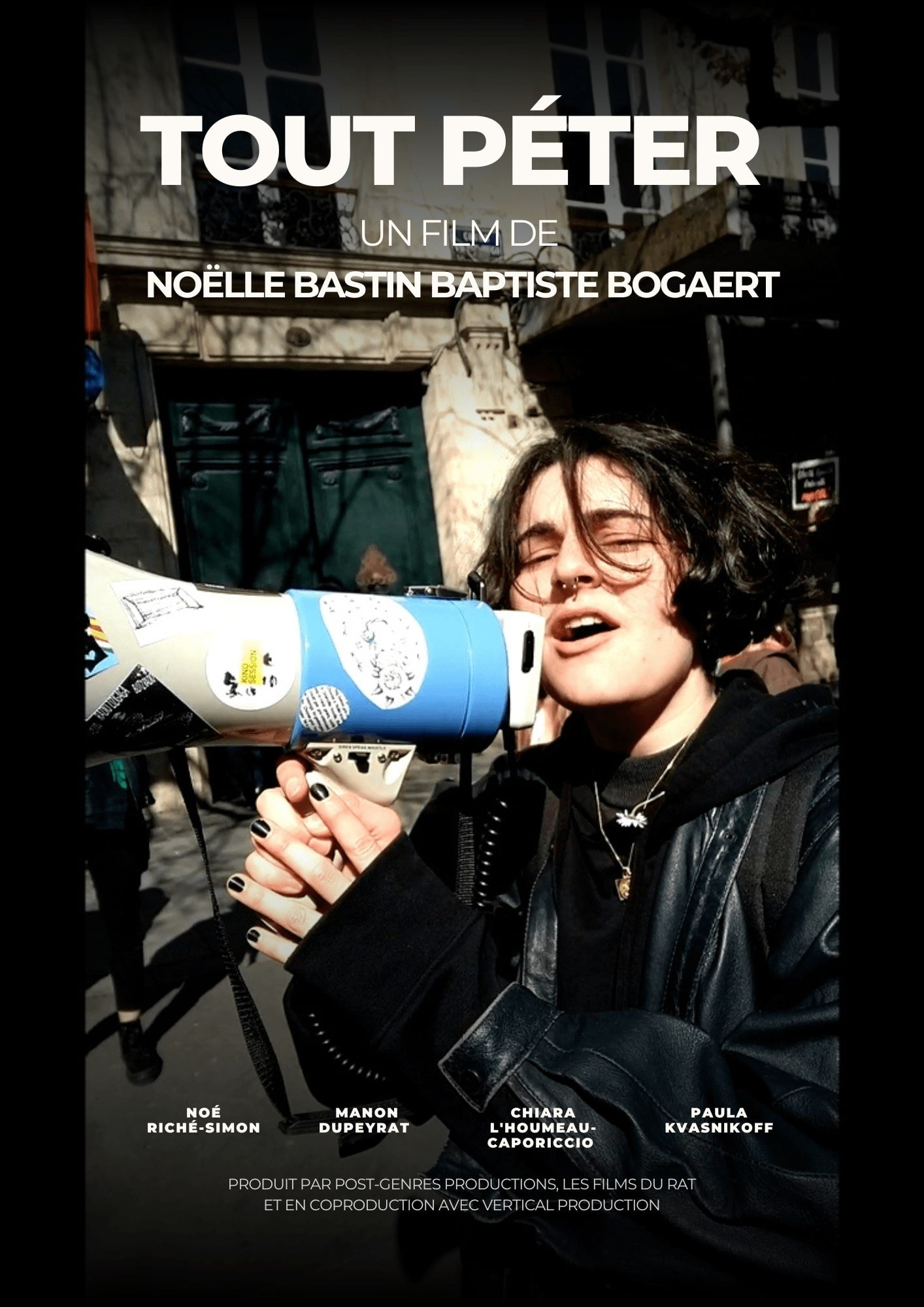
In an insurrectionary climate, four twenty-year-old friends talk about politics. As a big protest looms, one of them, Clara, has to write a college essay. Caught in the virtual images and the comfort of her bedroom, going out is harder than expected.
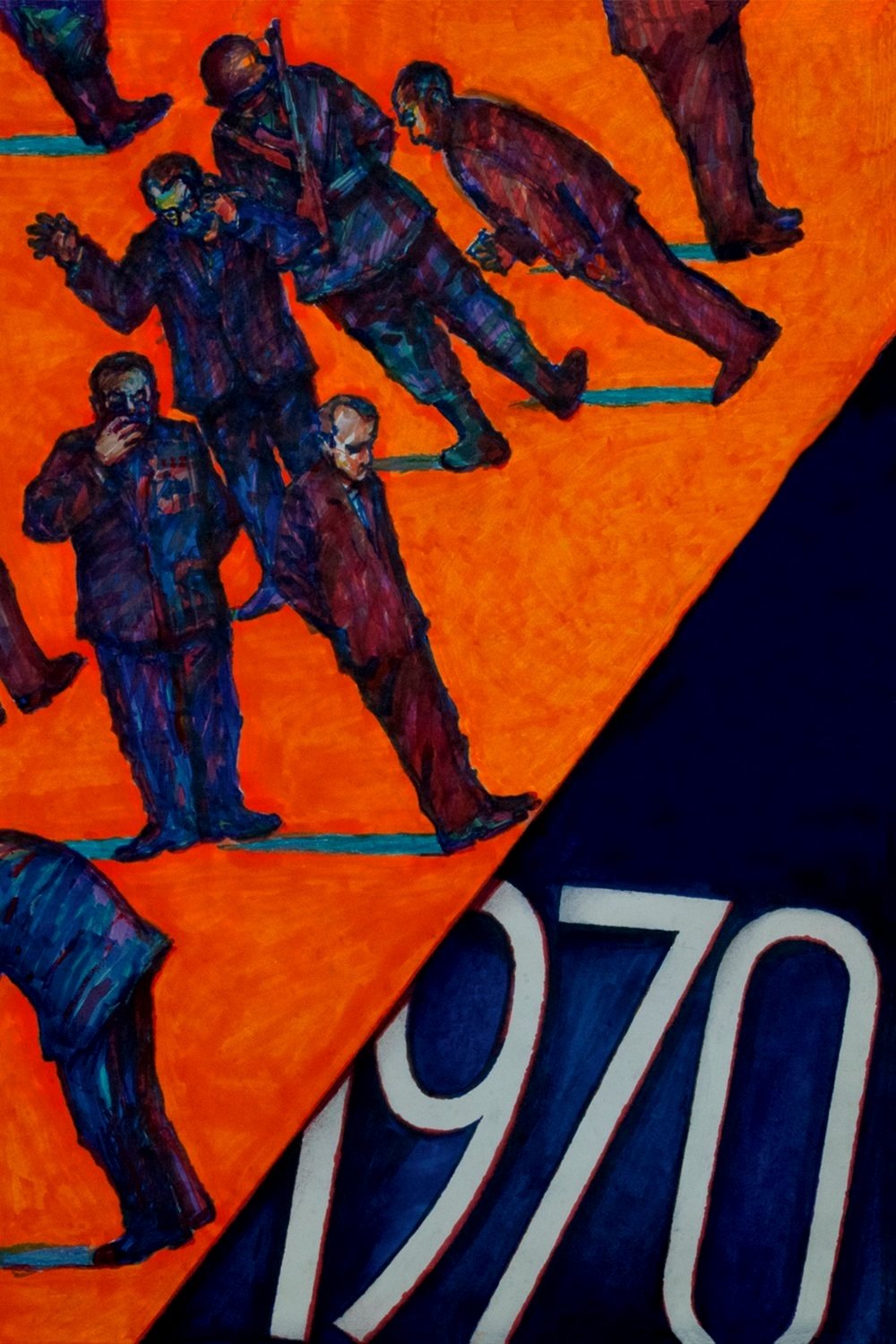
Poland, 1970. When popular protests erupt in the streets due to rising prices, the communist government organizes a crisis team. Soon after, the police use their truncheons and then their firearms. The story of a rebellion from the point of view of the oppressors.
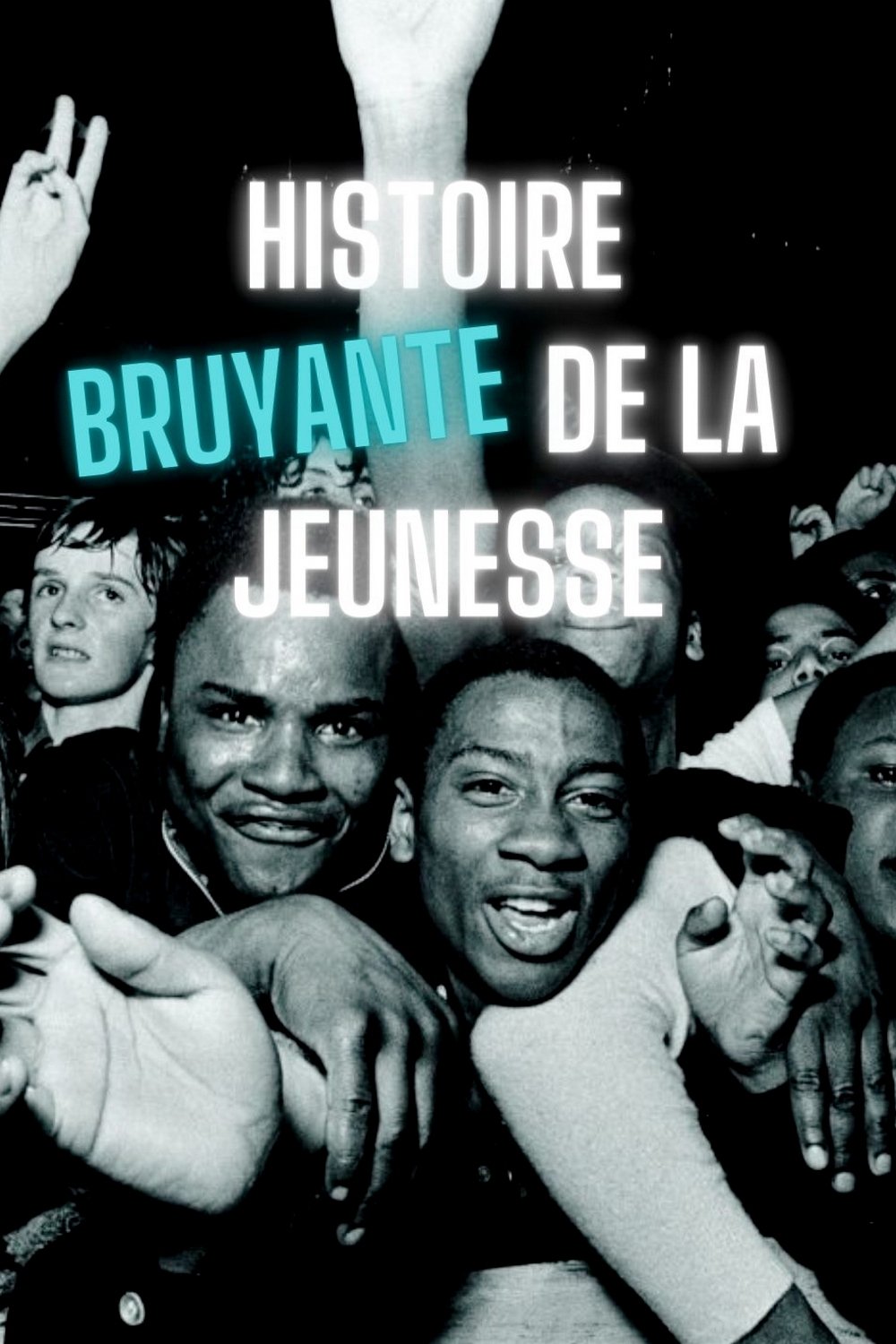
A look back at the social movements, revolts and youth subcultures from the post-war period to the present day: after the World War II, the left-bank of Paris became a mecca for jazz and alternative living, youth culture was born with trailblazing American movies, and rock became the soundtrack to a generation that wanted to change everything.
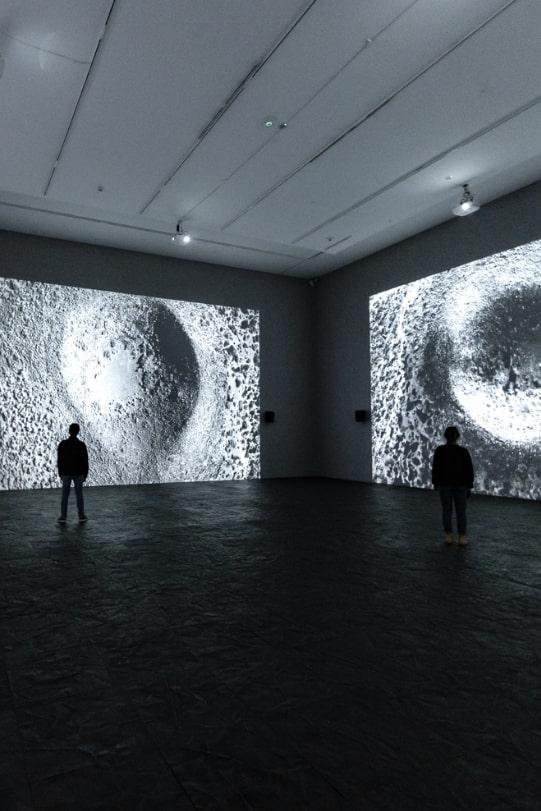
Arrancar los ojos is a project that proposes a constellation of works around the gaze and its political dimension. A reflection on the concepts of institutional violence, repression and collective trauma, focusing on the pattern of eye attacks by state security forces.

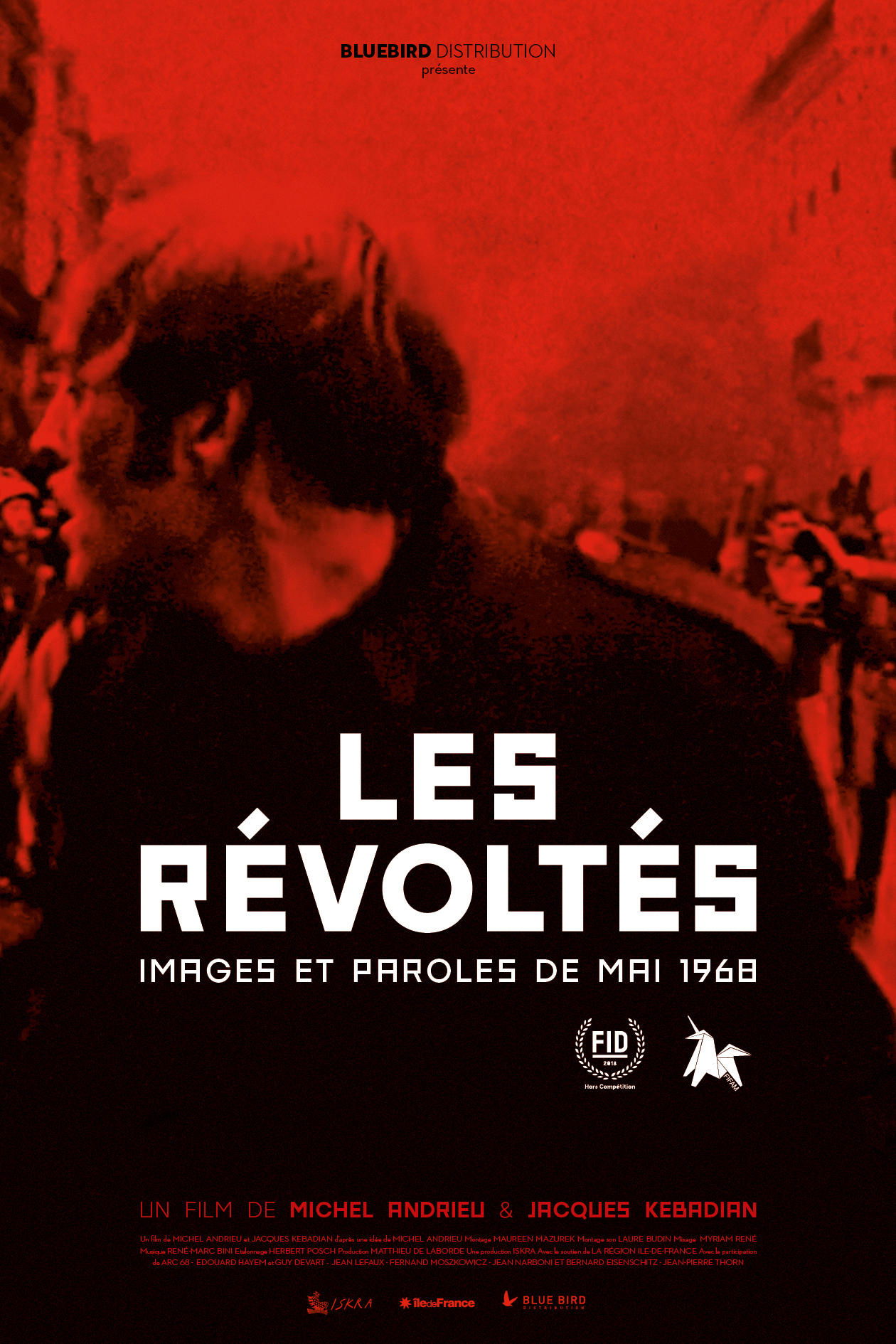
In May 1968, workers, students and young people rise up against the morality and power of the establishment. Faculties and factories are under occupation. Barricades are erected. Paving slabs are launched. Words give way to actions. This is the confrontation. These images bear witness to the men and women who, in their indignancy, march towards their revolution. 50 years ago, as part of our ARC collective, we filmed the uprising of May and June 1968. Out of this material and scenes borrowed from our other filmmaker friends, we created this film.
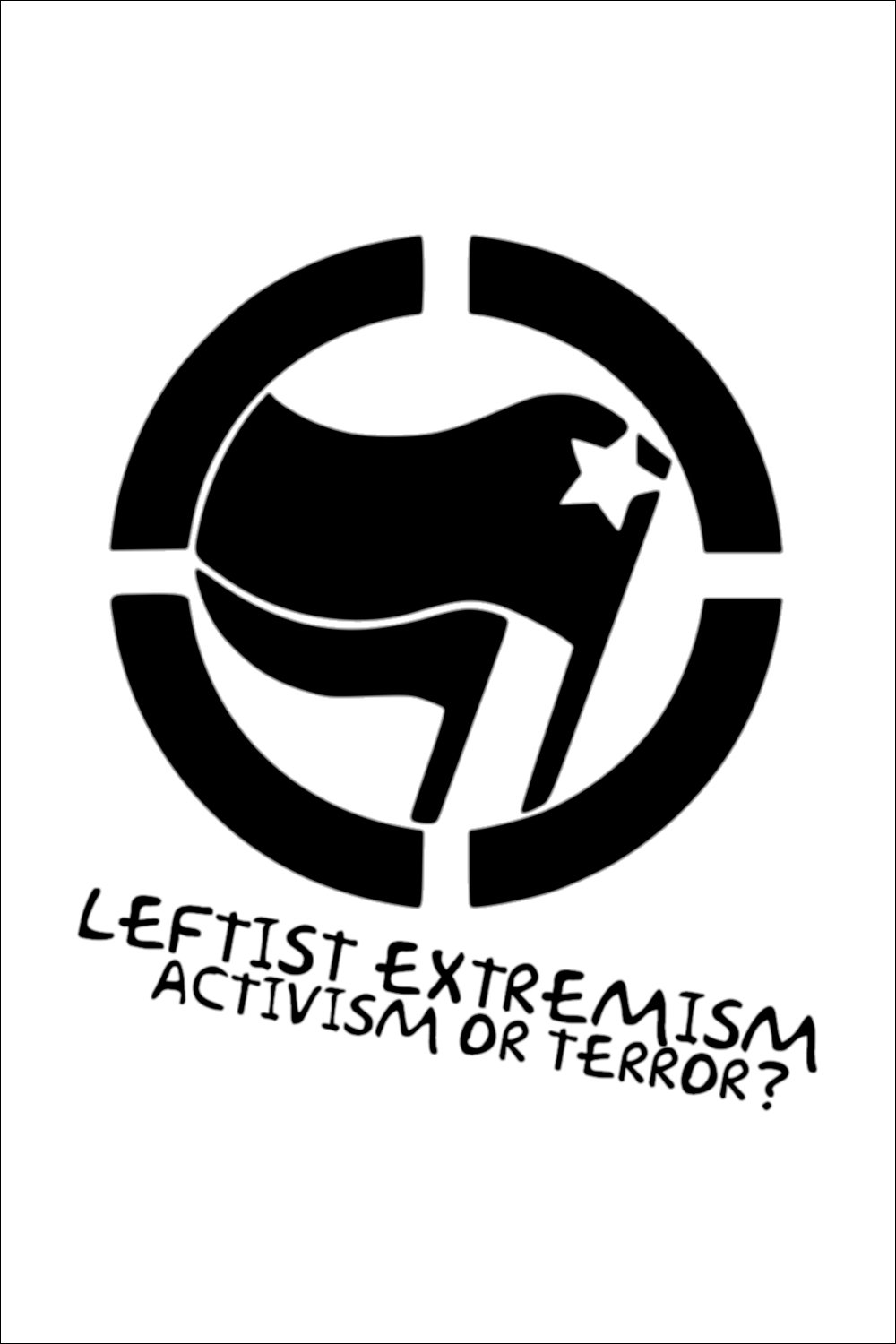
Leftist extremist groups operating in Europe have chosen violence as a political tactic: they attack the right-wing parties offices, attack the police, provoke riots in demonstrations. Although leftist violence is increasing, it receives almost no public attention. An investigation into the alleged good violence exercised in the name of a supposedly just cause.
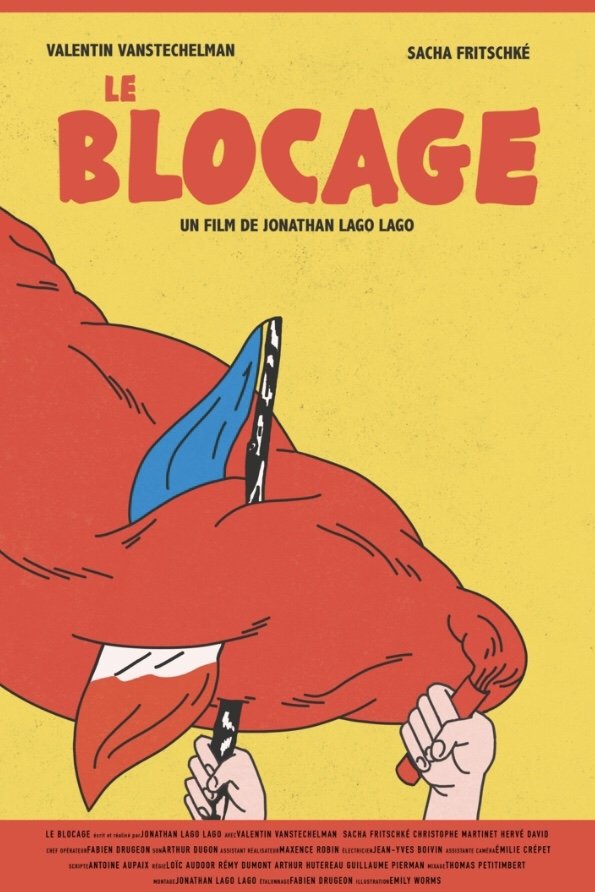
January 2019. France is shaken by a revolutionary movement. Thousands of yellow vests are blocking the roads. Among them, Fred and Bouly are preparing a spectacular blockage, but they have forgotten their yellow vests...

It’s the last dictatorship of Europe, caught in a Soviet time-warp, where the secret police is still called the KGB and the president rules by fear. Disappearances, political assassinations, waves of repression and mass arrests are all regular occurances. But while half of Belarus moves closer to Russia, the other half is trying to resist…
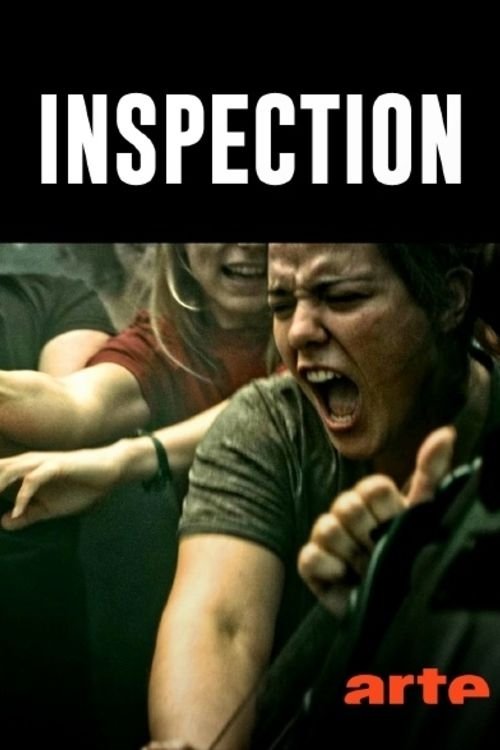
Germany is in uproar; the new government has adopted a law which enables a government-controlled censorship. Media and cultural facilities are being inspected. The theatre house of Jan Reeberger is one of the inspected institutions. During the inspection two different world views collide, on the one side, there’s Jan with his idealistic and cosmopolitan worldview, on the other side, there’s Micky who is standing up for the new political system.


Three college students start a social experiment to prove that reality changes according to the words we use to describe it. Through research, activist actions, and artistic interventions, they analyze the importance of language in the way we understand the world. The documentary includes analysis from more than 20 international experts and leaders in the fields of political communication and information.
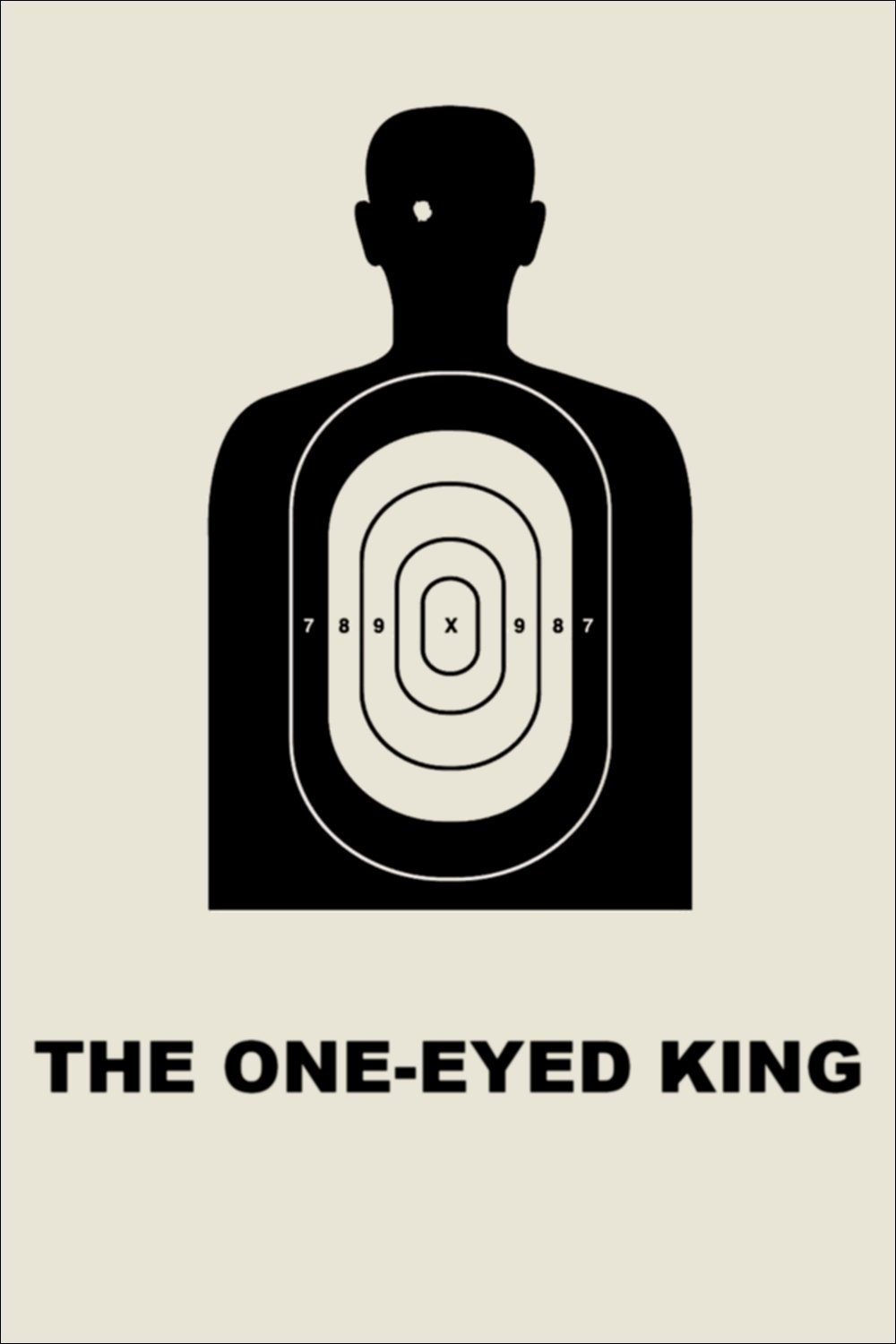
David, a riot policeman who caused Nacho, a protester, to lose an eye during a demonstration, meets him at a dinner party.
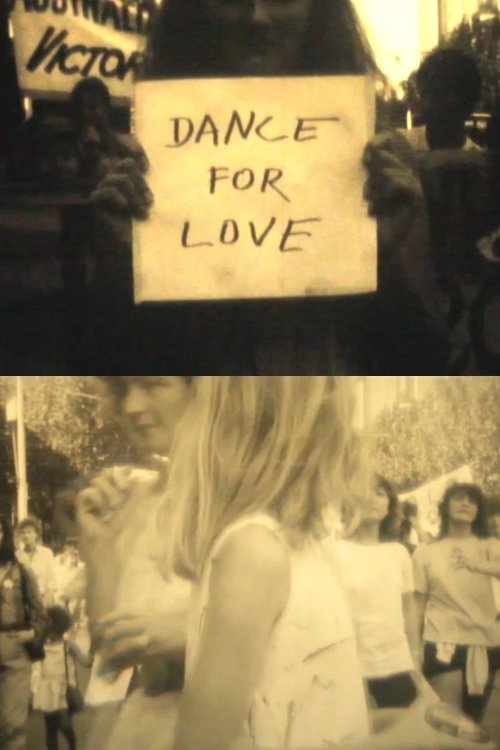
A 16mm record of the anti-nuclear demonstration in Melbourne, Australia on Palm Sunday 1985. The soundtrack is made from several group chants recorded at Down to Earth Confests during the 1980's.
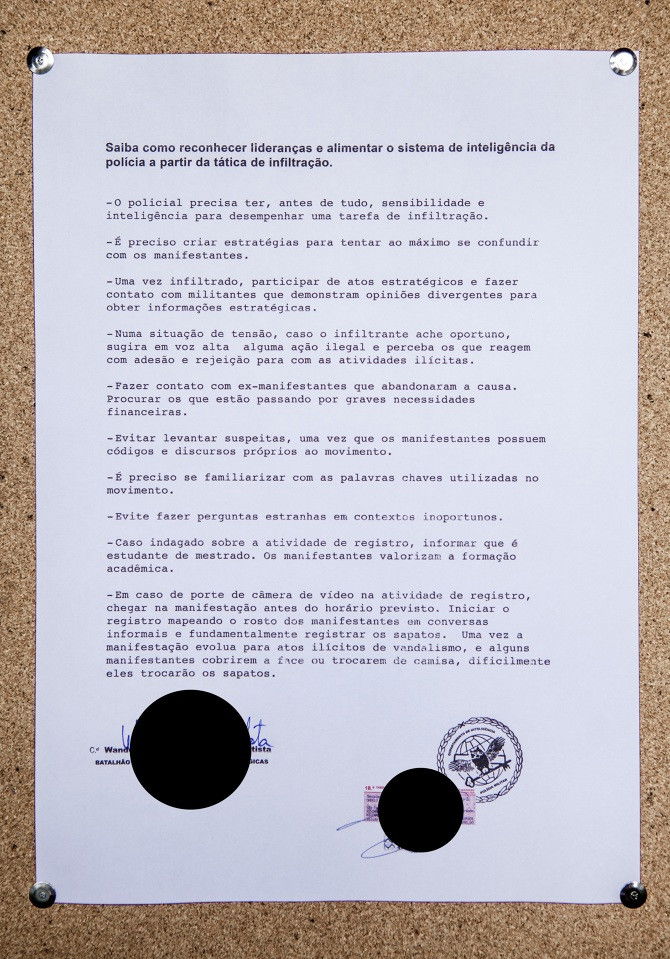
The film shows the images made by the police during demonstrations of 2013 (Brazil). In times of anonymous faces, what to do with the feet?
A month after the Wall Street occupation, a number of protesters follow their example and set up their tents in front of the Ljubljana stock market. The protesters are united in the critique of representative democracy and global financial capitalism under the slogan ‘nobody represents us’. Their organisation is based on the principles of direct democracy. In absence of other social alternatives, a community starts to emerge in the camp in front of the stock market where everyone has an equal say, and everyone is united in their diversity. After the initial euphoria the great idea of direct democracy clashes against the contemporary individual; antagonisms surface, similar to those of the system which the protesters fight against. The story about the Slovenian version of the ‘occupy’ movement is portrayed with the stories of a few protagonists, who despite several defeats do not lose hope in a different world.
By browsing this website, you accept our cookies policy.